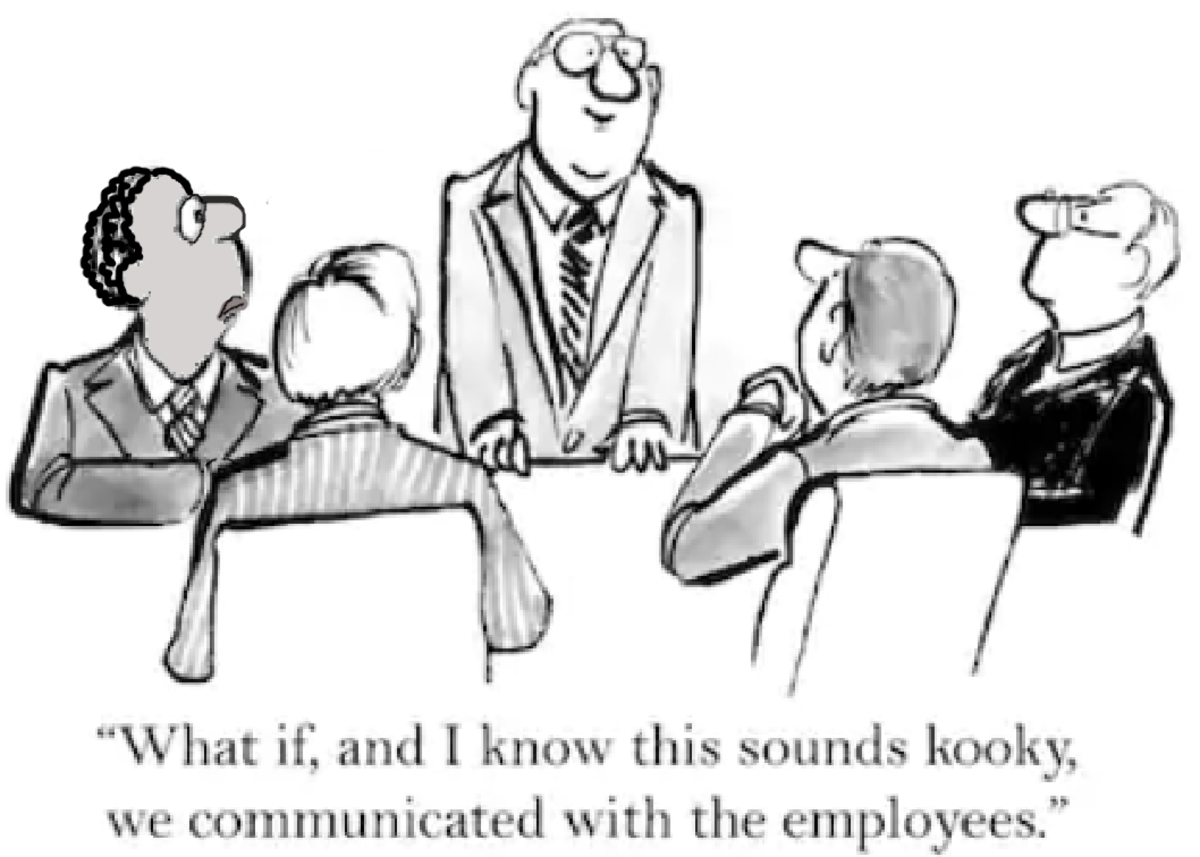Organizational Psychology Overworked
Organizational Psychology Paper
Understanding people can help one socialize better with others. Understanding behavior can help one understand people. An understanding of the business world allows people and companies to make profits. Combining understanding human behavior and business allows companies to operate effectively, efficiently, and profitably. Organizational psychology does that and effective understanding and use of organizational psychology is helping the people of companies work together in an effective, efficient, and profitable manner. Improving the health and wellbeing of employees and the companies these employees work for. For the exploration of organizational psychology, this paper provides an explanation and understanding of the subject of organizational psychology.
Defining Organizational Psychology
Organizational psychology in simple terms is, “patterned behavior.” Organizations must have behavioral standards for employees to operate under. Guidelines, rules, and job descriptions allow company employees to function as a group of individuals with a common goal. These rules and guidelines, “patterned behavior,” have a psychological influence on the employees as well. Organizational psychological also deals with and specifically individual behavior, the individual behavior is the core of group behavior. In the business setting organizational psychology is the maximization of personnel and organization efficiency by understanding individuals and the behaviors of individuals. Organizational psychologies structure consist of two parts an industrial and an organizational grouping.
Industrial Side
The industrial aspect focuses on the human resources point of view of organizational psychology. Personnel in a company are the main concern of the human resources department. Logically the industrial side of organizational psychology deals with recruitment, selection, classification, compensation, performance appraisal, and training (Jex & Britt, 2008). The principle is to find the right person for the right position, creating an efficient workforce within the company.
Organizational Side
The organizational point of view of organizational psychology focuses on behavior of the employees. Organizations want to maximize the well being and satisfaction of employees in the company. The organizational side deals with how employees work together and react toward each other, the managers, and the work. The company benefits from the cohesion, understanding, and well being of the employees because the employees are more productive when employee satisfaction is present in the working environment.
Research and Statistics
Monitoring is one of the four functions of management and allows for organization psychologists to find problems and make improvements to company organizational psychology issues. To monitor or study the employees or potential employees of an organization one need to do research and research will produce statistics that can be useful within an organization. The research and statistics can expose problems and offer information on how to change to improve the organizational operations of a company. Research must be reliable and measurable for exploration to uncover problems or solutions. Statistics is a mathematical process for analyzing and organizing data from research so that one can offer an understanding of the situation. Organizational psychologists offer research study and statistical information for companies that seek to solve problems with the workforce and employees. Studies can be in-depth investigations or simple observations.
Organizational Psychology in Use
Organizational psychology is a limitless tool in organizations for the study of organizations and employees of organizations. An article states that a study on, “Long Work Hours,” shows that those longer work hours are not beneficial to productivity levels (Goudreau, 2010). The longer work hours cause mental strain, job stress, distraction, and errors. This information can change ways an organization works its’ employees. In the same article another point is that employees who work longer hours are subject to more promotion and raises in pay because hours are a measurable element of performance as well as proving ones commitment to the job (Goudreau, 2010). This data can prove to management that supervisors are not rewarding productivity and therefore not managing employees effectively. Another way to benefit from Organizational Psychology is to satisfy employees in ways other than with financial increase in pay wage. Organizational psychology can offer creative ideas from employees on how to make the company a better place to work. By offer small rewards in such areas as flexible scheduling, offering a percentage of the savings an employee can obtain in the company or even a change in hours so that employees can be off work on certain days (Dempsey, 2010). Through organizational psychology one can obtain information from employees on how to improve the life of an employee at work. A relating article about job satisfaction explains how companies can create a better employee through a special software data analysis program the human resources, consultant, company, Kenexa uses along with organizational psychology. The Kenexa Company presents potential clients with statistics showing a 700% higher shareholder return for companies with high employee satisfaction (Rockwood, 2008).
Conclusion
For the purpose of knowledge and understanding organizational psychology is in use in companies around the world. Profits and profitability may be an additional motive to use organizational psychology but the need for this field of study is unchanging. The human mind is complex and dynamic. People will always be behind the companies that exist in the world, whether those people are laborers, supervisors, or investors the need to understand what drives them to work together successfully and proficiently will exist. Organizations are not a creation of chaos and confusion. Organizations, like the mind are complex and dynamic. Understanding organizations will improve the operation of a company. Paring the study of business organizations and human behavior will continue shaping the business world for years to come in the form of organizational psychology.
References
Dempsey, B. (2010). Money Builder, Can't Get A Raise? Negotiate Your Benefits. Forbes. Retrieved from http://www.forbes.com/2010/06/30/negotiate-raise-benefits-personal-finance-salary_2.html
Goudreau, J. (2010). Time, It's About Time. Forbes. Retrieved from http://www.forbes.com/2010/03/10/work-hours-performance-forbes-woman-time-promotion.html
Jex, S. M., & Britt, T. W. (2008). Organizational Psychology. A Scientist-Practitioner Approach (2nd ed.). : John Wiley & Sons.
Rockwood, K. (2008, November 1). Director of Homeland Happiness. Fast Company. Retrieved from http://www.fastcompany.com/magazine/130/the-employee-whisperer.html








